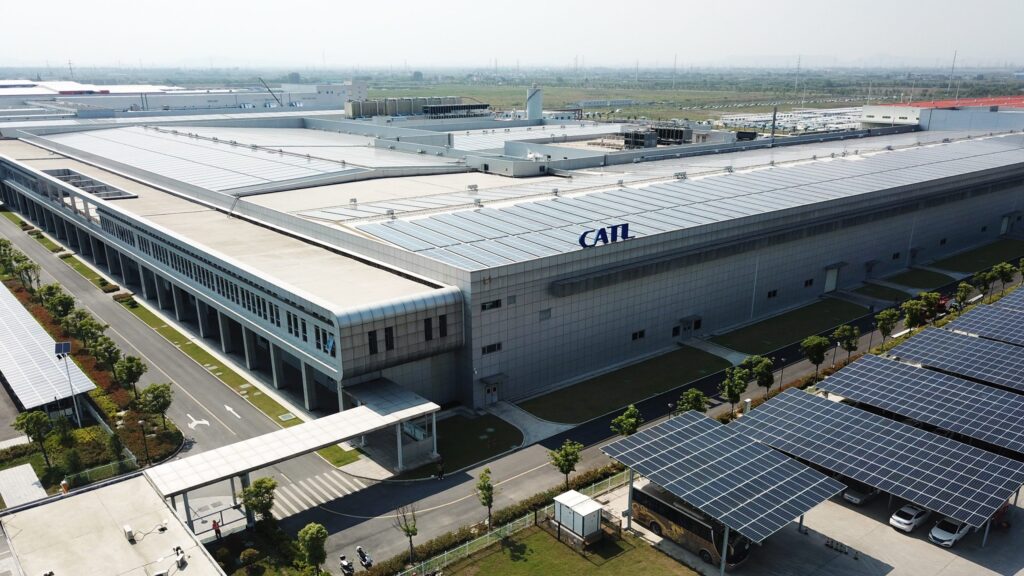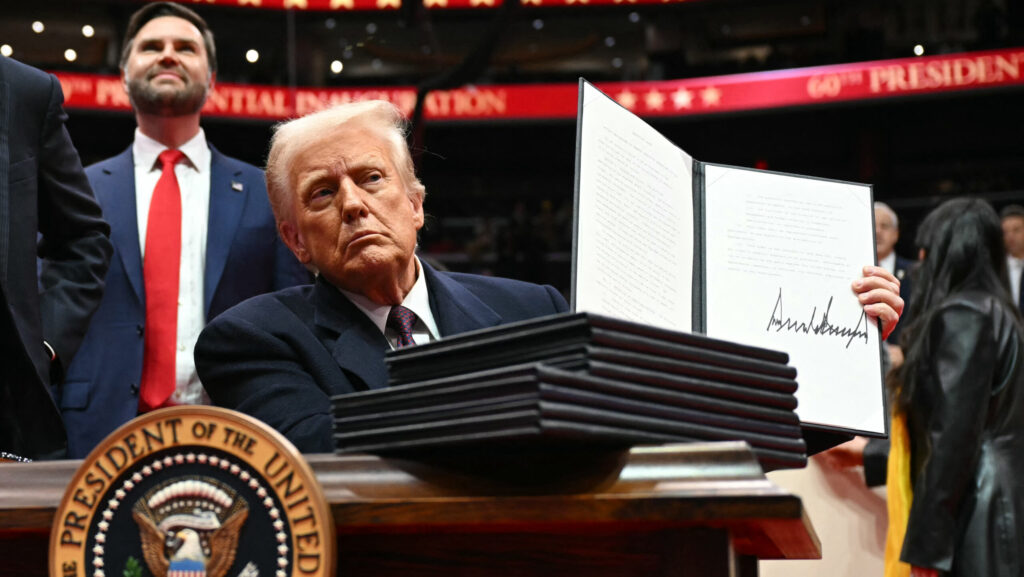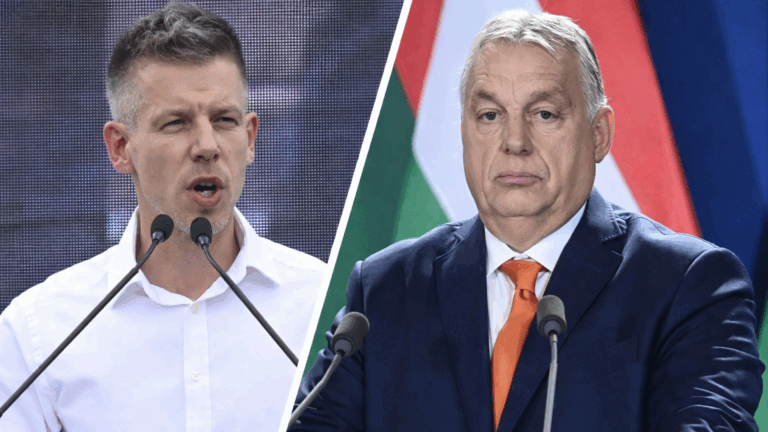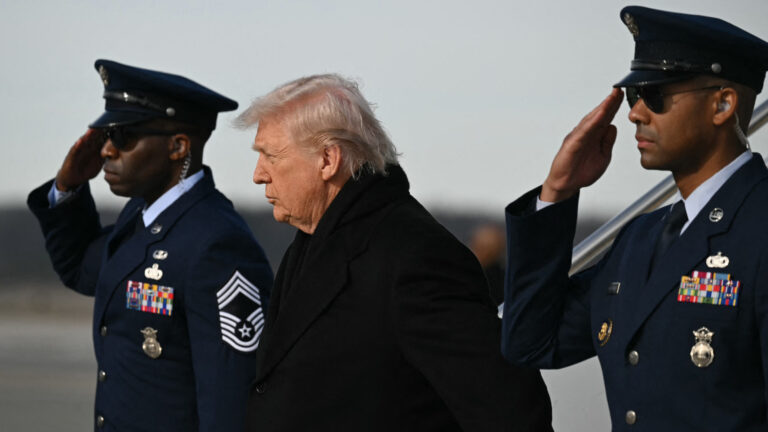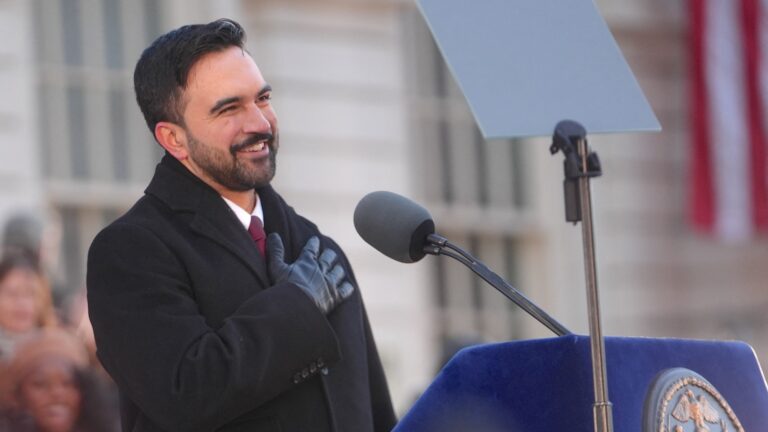In a detailed opinion piece for Euronews, Balázs Orbán assesses the performance of the Hungarian EU Presidency to date. Alongside outlining its key achievements, the political director to the Hungarian prime minister describes the past four months as a success, arguing that this effectively counters the persistent criticism directed at the Hungarian government.
The article highlights Hungary’s pivotal role in European politics, describing Budapest as ‘the epicentre of European politics’ during the recent European Political Community (EPC) summit and informal European Council meeting. These events, which brought together EU institutional and national leaders, as well as key figures from NATO and other international organizations, marked the largest diplomatic gathering in Hungary’s history. Orbán rightly underscores the significance of hosting such a high-profile summit: ‘The summit’s success also visibly refuted the assertion that Budapest is in some form of diplomatic isolation.’
Hungary’s leadership during its EU presidency has defied critics and demonstrated that it can effectively unite European leaders around shared priorities. By adopting the Budapest Declaration, which mandates competitiveness measures, Hungary has succeeded in shifting the EU’s focus from ideological disputes to practical solutions.
The timing of the Budapest summits, immediately following Donald Trump’s election victory, signals a potential turning point for Europe. The article suggests that the new US administration’s ‘America First’ approach presents an opportunity for Europe to embrace a similar ‘Europe First’ mindset. As Orbán states, ‘The new US leadership will likely embrace an “America First” approach, which may provide a clear model and inspire European leaders to adopt a “Europe First” policy instead of the decision-makers in Brussels serving the interests of foreign nations and NGOs.’
Hungary’s government has long advocated for greater European strategic autonomy, and the prime minister’s political director reinforces this view: ‘We cannot continue to rely solely on the Americans for the defence of Europe. Consequently, Europe must play a significant role in the upcoming peace talks, as these will shape our future,’ Orbán writes. By promoting a peace-oriented policy, Hungary is positioning itself as a leading voice for stability and self-reliance in Europe.
‘Europe must play a significant role in the upcoming peace talks, as these will shape our future’
One of the article’s central themes is Europe’s declining competitiveness, a challenge Hungary has consistently brought to the forefront. It presents a sobering assessment: ‘In research and development, productivity, demographic indicators, and self-defence capabilities, we are falling further and further behind both the US and China.’ The article draws on data from Mario Draghi’s report, noting that ‘Europe is shrinking and retreating on almost all fronts’. Over the past two decades, the EU’s economic growth has consistently lagged behind that of China and the US, with Europe’s share of the global technology market at a mere 18 per cent compared to the US’s 38 per cent.
Hungary has long warned of the dangers of inaction, as mentioned by Orbán in the article: ‘Some, including the Hungarian government, have repeatedly expressed concerns.’ The presidency’s focus on real, effective solutions, such as reducing bureaucratic burdens and fostering private-sector investment, is a testament to its commitment to reversing these negative trends.
Hungary’s EU presidency is praised for prioritizing pragmatism over ideological debates, a stance exemplified by the Budapest Declaration. Orbán highlights key initiatives, including strengthening the Single Internal Market and fostering a unified capital market. These measures aim to bolster European businesses, particularly SMEs, by providing them with the resources needed for innovation. As the article explains: ‘Funding is vital for research and development, as low levels of private investment are one of the biggest problems EU businesses face in this regard.’
The presidency also emphasizes the importance of balancing economic growth with environmental sustainability. It calls for an industrial policy that advances the green transition without compromising competitiveness.
Contrary to criticisms that Hungary is a divisive force within the EU, Orbán presents the country as a ‘solution rather than a problem for Europe’. The Hungarian presidency’s slogan, ‘Make Europe Great Again,’ has resonated widely, earning it the nickname ‘MEGA presidency.’ This slogan reflects Hungary’s proactive efforts to address Europe’s challenges, from the competitiveness crisis to the ongoing war in Ukraine. ‘It has demonstrated that the road to mega-success lies through mega-effort,’ the political director highlights.
‘Contrary to criticisms that Hungary is a divisive force within the EU, Orbán presents the country as a solution rather than a problem for Europe’
Hungary’s peace-oriented stance is also underscored as a key differentiator. The article praises Budapest’s consistency in advocating for peace in the Ukraine conflict. ‘Many Central European states, including Hungary, have pursued a peace-oriented policy from the start.’ With the victory of Donald Trump, Orbán argues that it is now up to Western European leaders to follow Hungary’s example: ‘With the peace-oriented forces now victorious in the US, it is up to Western European leaders to take action for peace.’
The Hungarian EU presidency is portrayed as a model of effective leadership, uniting European nations around common goals and practical solutions. By addressing critical issues such as competitiveness, strategic autonomy, and peace, Hungary has demonstrated its ability to lead by example. The article concludes with a hopeful outlook: ‘At any rate, the Hungarian presidency will continue working toward this goal. Let’s make Europe competitive again.’
Read more on the Hungarian EU Presidency:



